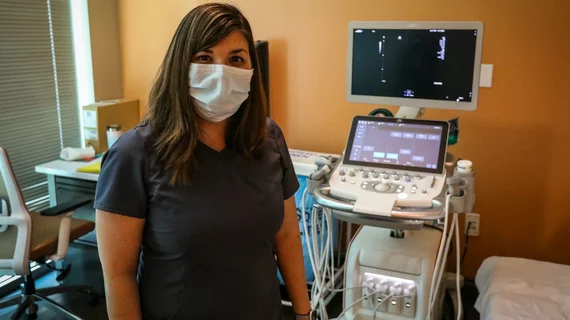Essential workers in therapy resilient against COVID
More than 70% of people who receive mental health therapy via an app are stressed by changes in their lives caused by the COVID-19 crisis.
Some 58% feel nervous, anxious or on edge many days.
And 42% have suffered a significant psychological setback.
The numbers are from a survey by the mental health company Woebot, which heard from 2,108 individuals who use the app of that same name for digital therapy.
Woebot further found that people who self-identify as essential workers may be coping better than others.
While this subgroup reports similarly negative lifestyle impacts from COVID, its aggregated responses show markedly lower rates of daily depression and extreme anxiety.
Despite the widely shared gloom across all respondents, many perceive a silver lining in the dark cloud, saying the pandemic has:
- helped increase their appreciation of life (79%),
- helped them identify personal strengths (73%),
- strengthened their relationships with others or community (70%),
- created new possibilities (69%) and/or
- created spiritual change (59%)
Meanwhile the survey turned up differences among and between generations, with millennials and members of Gen Z reporting more anxiety than boomers.
The company has sent out its key findings in a news release.

